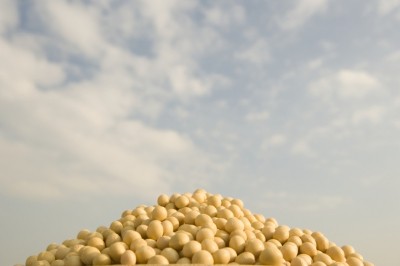Navigating the agri-commodity markets: Weather brightens, yet economic and geopolitical risks persist

Even with adjustments made for reduced winter grain sowings in Europe and the setback to Brazil's soybean harvest, currently estimated to be 10-15Mt short of initial expectations, additional risks are on the horizon, warns the CRM Agri team in a report.
Macroeconomic and political landscape
On the macroeconomic front, hopes for interest rate cuts are dwindling due to higher-than-expected inflation data in the US and the UK. Geopolitically, the odds of Donald Trump securing re-election as US president are increasing, and his previous term featured a trade war with China, the leading purchaser of US agricultural products, noted the analysts.
Apart from these concerns, ongoing issues such as the Gaza crisis, attacks on Houthi rebels impacting commercial shipping in the Red Sea, and Taiwan's re-election of the pro-sovereignty Democratic Progressive Party for a third term contribute to the complexity of the situation, they added.
Weather-related challenges
Returning to weather-related challenges, EU and UK farmers are seizing drier conditions to undertake late sowings of winter grains, albeit with a potential yield penalty. Meanwhile, cold weather is posing a threat to US winter wheat, with approximately ‘at least 20%’ at risk of damage, according to meteorologists.
In addition to these factors, uncertainties loom over how much safrinha corn Brazilian farmers will sow amid low prices, not to mention the outlook for the upcoming US spring planting season, reads the CRM Agri report.
Major wheat buying
Against this backdrop, it is not surprising that 2024 has witnessed a surge in purchases by major wheat importers, they commented. Notable transactions include Algeria's acquisition of up to 900Kt this week and Egypt's GASC ordering 360Kt, bringing its total purchases for the year to 780Kt.














